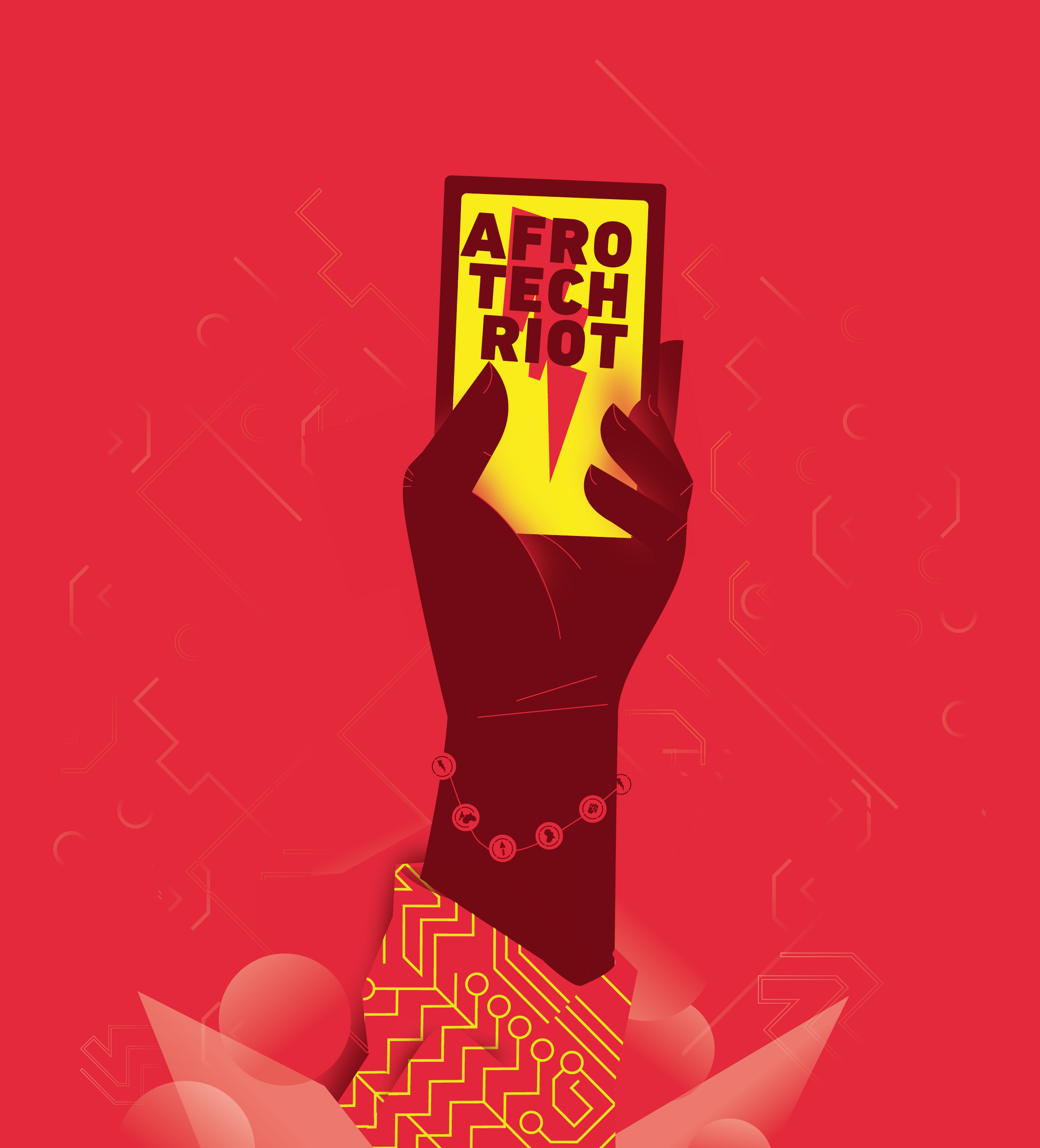“When I grow up I want to be sexualised, objectified, made to feel wrong, ignored, used, abused and belittled. I want to be defined by the colour of my skin, the size of my tits or the use of a tampon, my hair, my muscles and what I’m packing in my toolbox. I want to be looked at and touched without asking, I want to be made to feel uncomfortable just for saying no, I want to be expected to be something I’m not, expected to change for you, expected to go with the flow and let it happen without speaking up.” These were the words written on the back of the flier for the performance titled Encountering the Other. When read out of context these words may cause readers to feel offended and confused. However, the purpose of this was to express what women do not wish to experience. Encountering the Other, which forms a part of the British Council Connect ZA 2017 Programme, has been described by its creators as a riotous and often times comical look at what it means to be a woman in 2017. I had an interview with one of the directors of the performance, Katy Weir from ODDMANOUT, Darlington, to suss out some information on the performance that has been produced across the two hemispheres.
Katy tells me that ODDMANOUT’s collaboration with the Market Laboratory came about after she visited the Newtown-based theatre school in Johannesburg when she was given a grant from the Artist International Development Fund. During her visit, she learned about how the school functions on a strategic and artistic level. “This involved sharing practice, devising a piece of work with the first year students, and working alongside Clara Vaughan, Education Officer at The Market Lab and the Lab associates to open dialogue around process, cultural offerings, training, and skills sharing.”
Katy expresses that the collaboration was a starting point for discussions zoning in on exchange, heritage, and creativity. She continues to say that these discussions highlighted the similarities and differences between young people in South Africa and the North-East of England. In further discussions, they raised questions about how they would go about exploring this creatively. The conceptualization for this project took place with both companies at the core and the four directors based in SA and the UK.
The performance aimed to bring together a variety of voices, their stories, and experiences from two different continents with music, dance, colour and a few comical elements. As Katy explained, the foundation of this collaboration was to create a performance based on the performers’ experiences and interpretations of womanhood, including both male and female perspectives. This was all done in an attempt to allow the performers to introspectively understand themselves and the world around them.

This collaborative project utilized live performance, the Internet, and digital media in its creation. It is important to note that this performance was, for the most part, produced across two hemispheres, meaning that the full cast did not have much time together to rehearse, leaving a sort of impromptu nature to the performance. But if truth be told, it was difficult to see this unless you were made aware of it before hand.
When asked about the title, Katy tells me that it refers to meeting someone from a different background, but might identify with you because of a shared experience such as everyday sexism. 12 performers aged between 18-25 years old shared material with one another over the internet and based their preparations for the final piece on what they had shared. After this, the group met up in South Africa and were left with 8 days to prepare before they took to the stage collectively for the very first time.
When asked about the meaning of cultural exchange for her, Katy responds, “Cultural exchange is about learning from each other. When the world can be a scary place we need to unite to work out how we get a more positive world, and we will only get that by talking together.”
The collaborators from the UK are 6 emerging artists from the North of England and were auditioned in August of this year. Katy expresses that their decisions for performers were based on passion for the story, their reason for wanting to be involved, their ideas of womanhood and what they thought they could learn and bring to the experimental performance project. Their South African collaborators are second-year students at the Market Theatre Laboratory and were auditioned by Clara. They were tasked with creating an original piece of work challenging traditional notions of womanhood.
In my interview with Katy, she explains that this performance was put together by the stories of the young performers. This story is theirs and adds an interesting twist to theatre performances that traditionally run according to the book. With this project the performers were given room for self-expression and were not told what to do with their piece.
Katy tells me that this performance speaks to the experience of being a young female today, and how the male gaze affects us. Katy continues to say that this kind of unfair treatment towards women forms a part of rape culture that is easily brushed off. She left me with a last thought about their experimental journey – “We are trying to celebrate difference rather than pin point what these differences are.”

Credits:
Katy Weir – Director
Scott Young -Director
Clara Vaughan -Director
Jaques De Silva – Director
Performers:
Katie Powell
Rebecca Graham
Alanna Wilson
Charlotte Grey
Leah Mains
Matthews Rantsoma
Darlington Justice Khoza
Boikobo Masibi
Sinenhlanhla Mgeyi
This article forms part of content created for the British Council Connect ZA 2017 Programme. To find out more about the programme click here.



